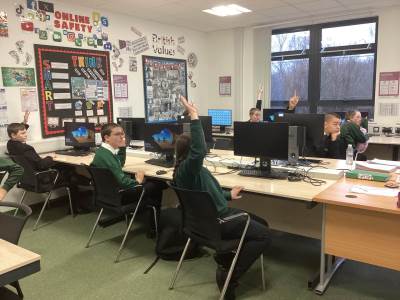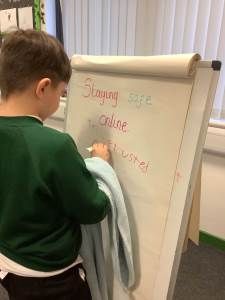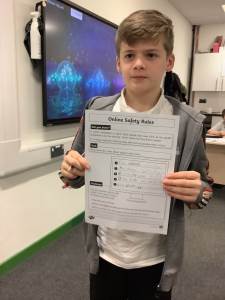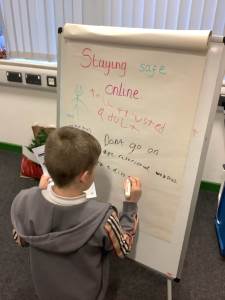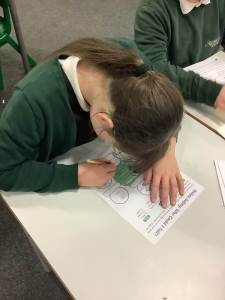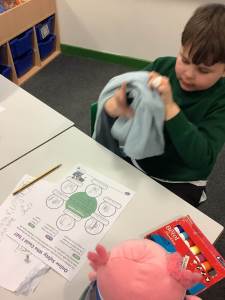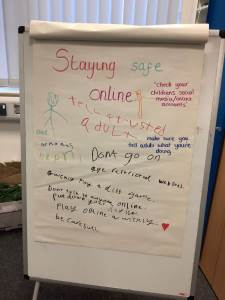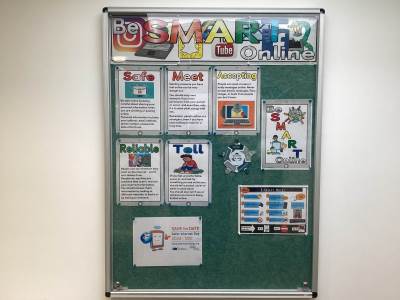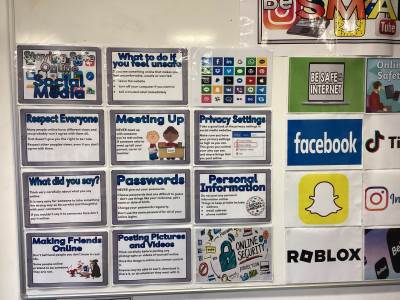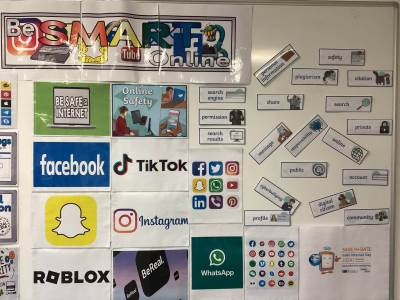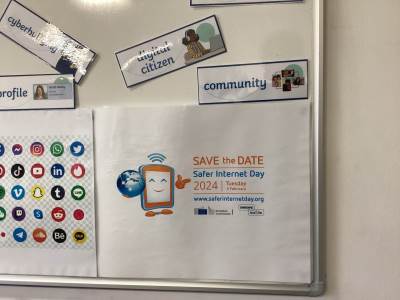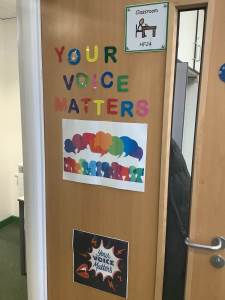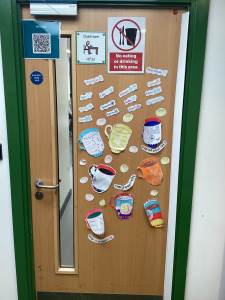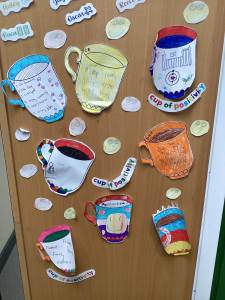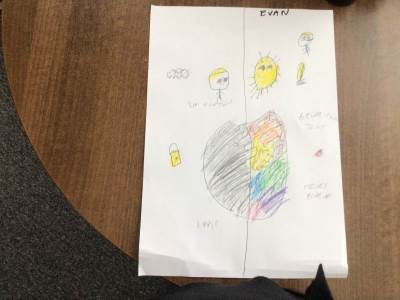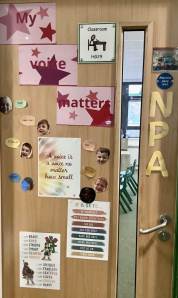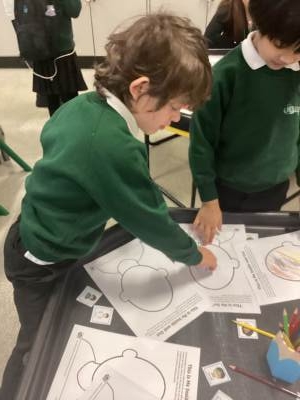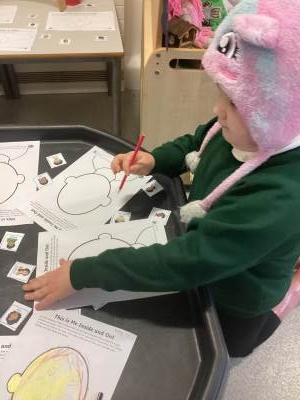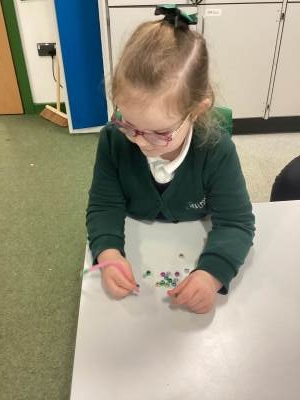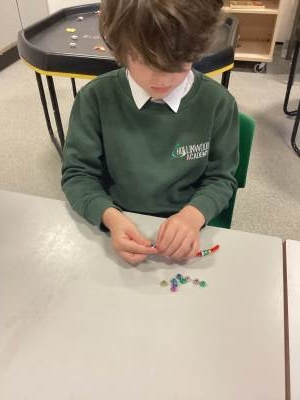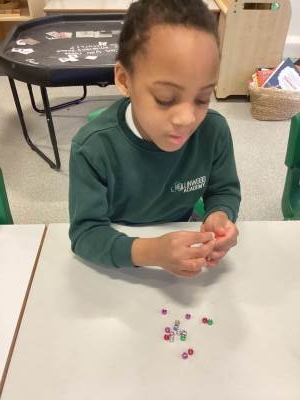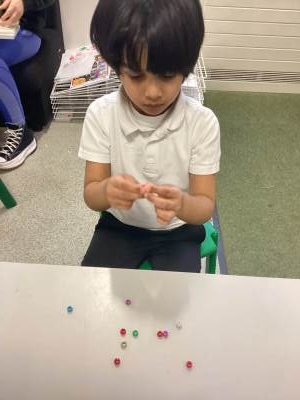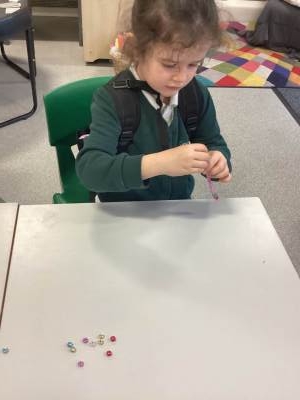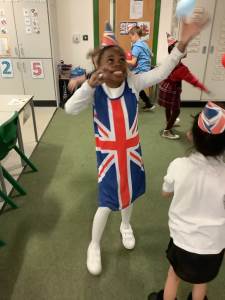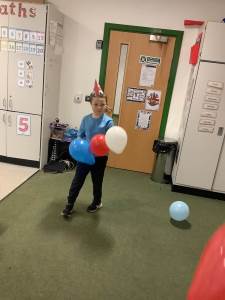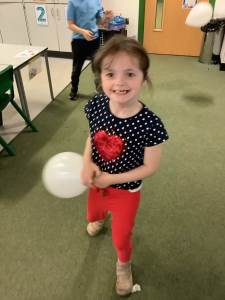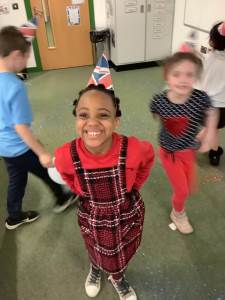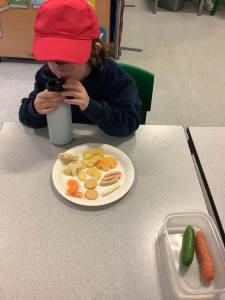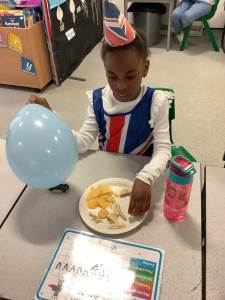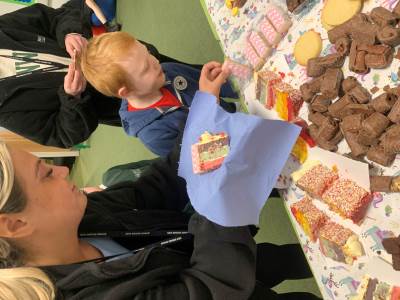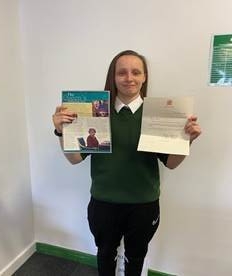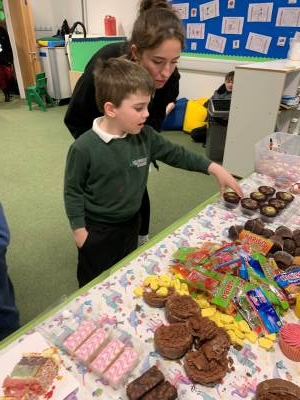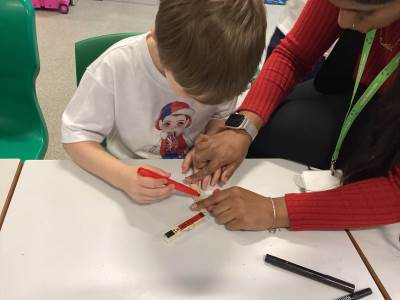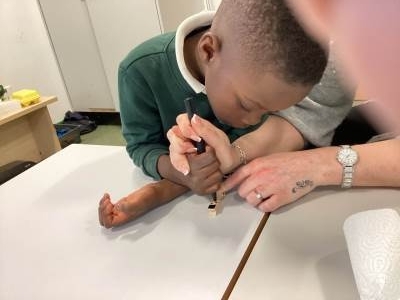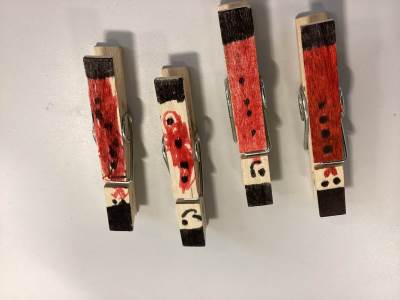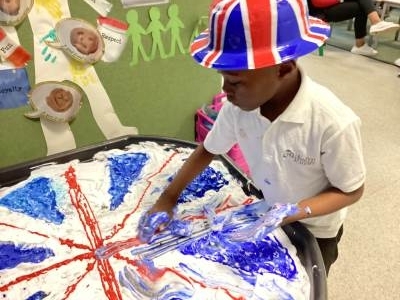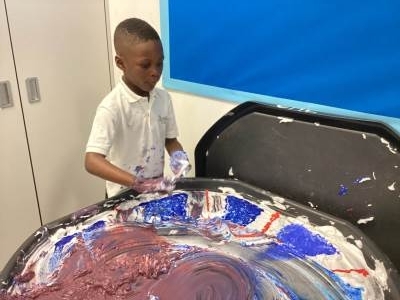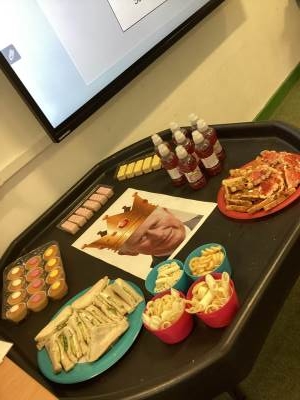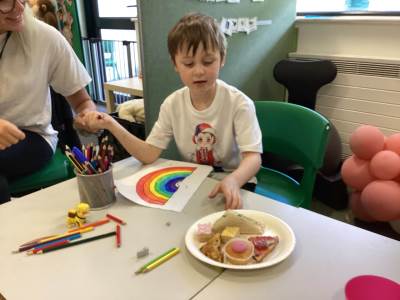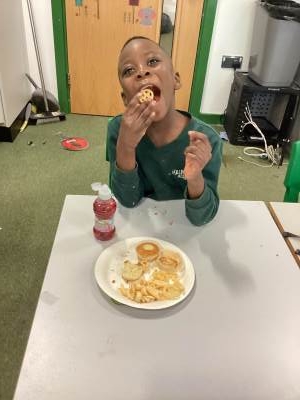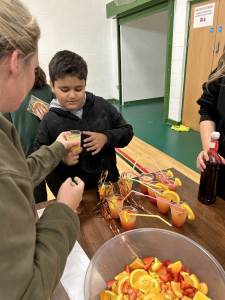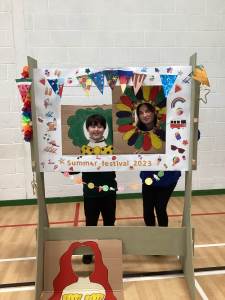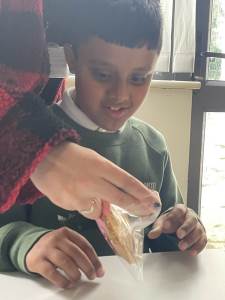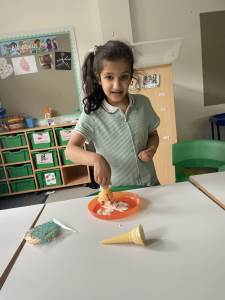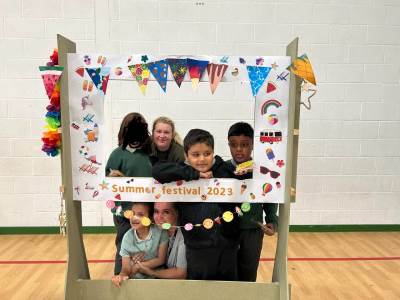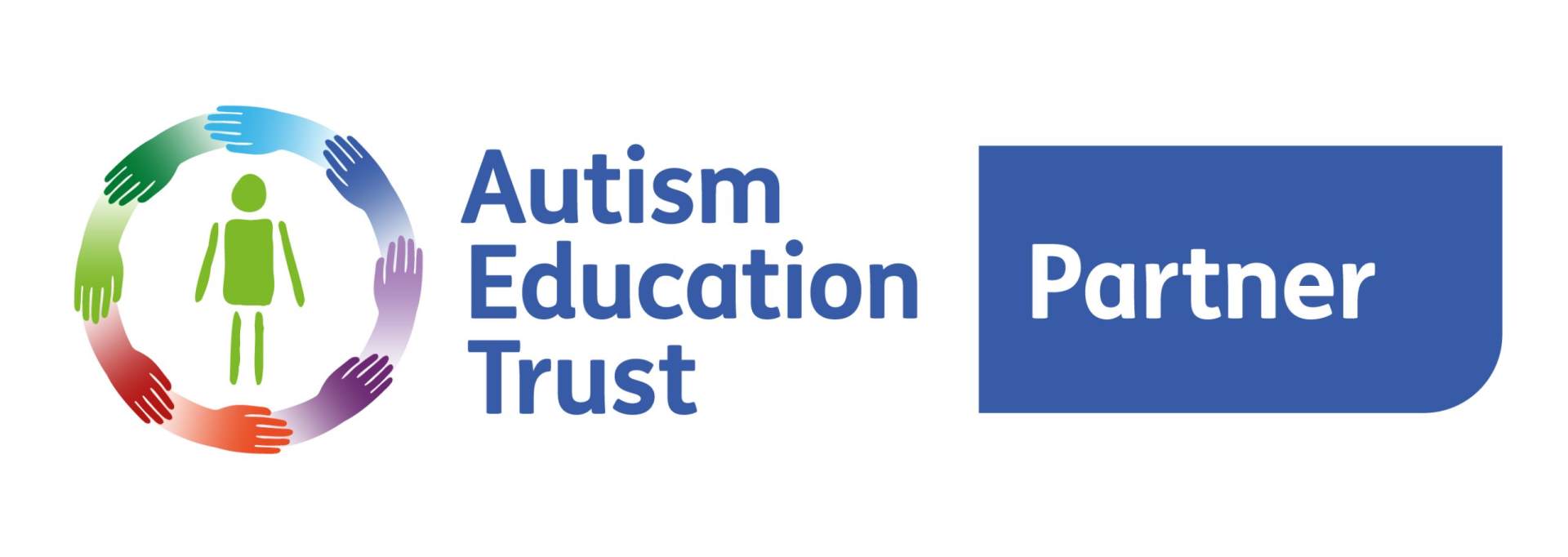Personal, Social, Health and Relational Education
Spiritual, Moral, Social and Cultural Education
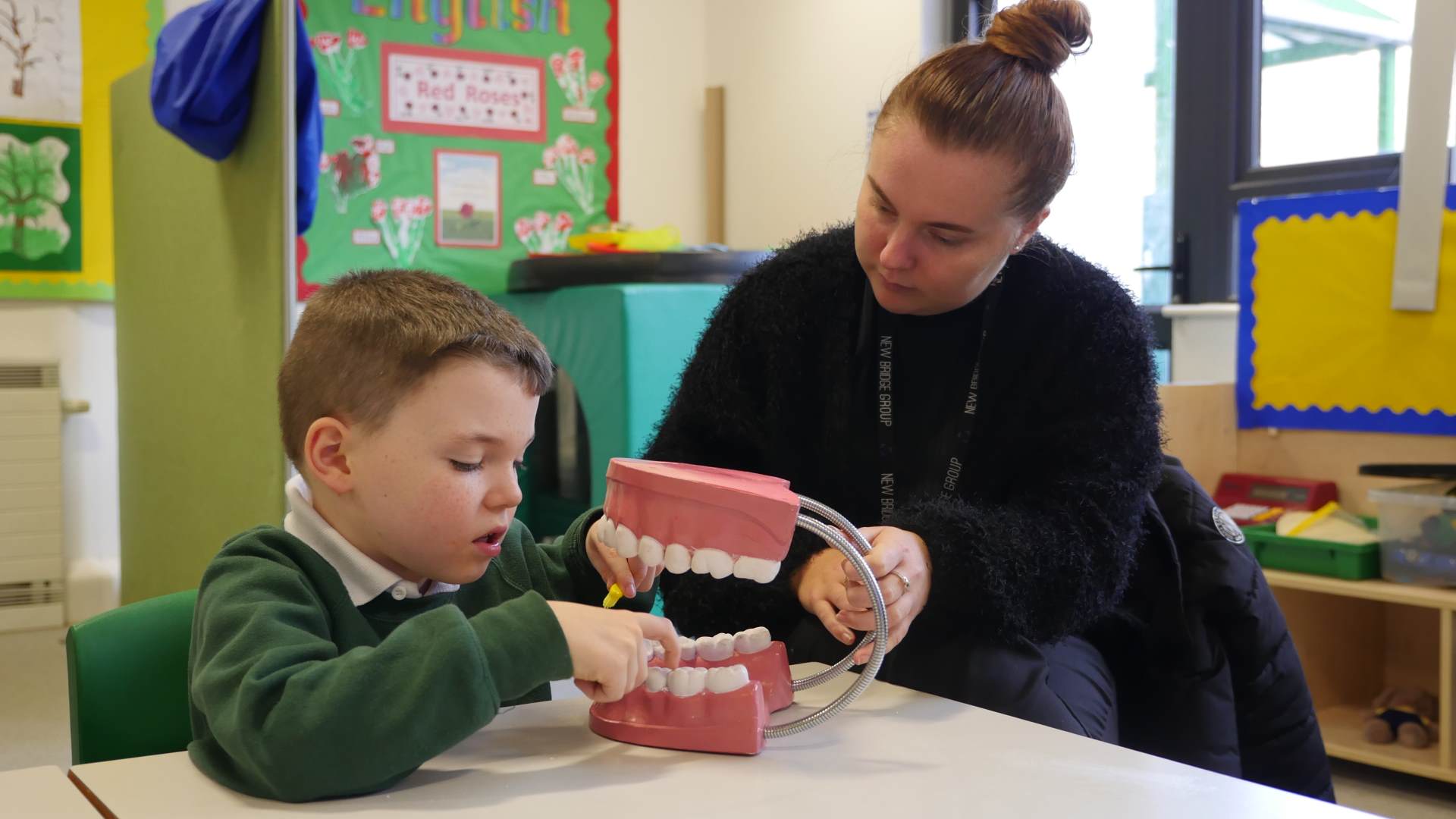
PSHE education isn’t just another school subject. It’s a chance to give every child and young person an equal opportunity to develop the skills and knowledge they need to thrive now and in the future.
- PSHE Association
At Hollinwood Academy, we believe in providing a well-rounded education that goes beyond academic excellence. As part of our commitment to the holistic development of our children and young people, we place great emphasis on the delivery of Personal, Social, Health, and Relationship Education (PSHRE) experiences across Primary.
Our PSHRE curriculum is carefully tailored to meet the individual needs of each child and young person, fostering an environment where they feel safe and respected. We encourage open dialogue and the expression of views and opinions, empowering our children and young people with the necessary skills to navigate various social situations confidently.
At Hollinwood Academy, we recognise the importance of Spiritual, Moral, Social, and Cultural (SMSC) education in shaping well-rounded individuals. Our curriculum provides ample opportunities for our children and young people to explore and appreciate different cultures, understand moral complexities, and develop their social skills.
Through SMSC education, we aim to instil values of empathy, respect, and integrity in our children and young people, preparing them to be responsible citizens in an ever-changing global society. By combining PSHRE and SMSC, we provide a comprehensive educational experience that nurtures the whole child and young person.
At Hollinwood Academy, we are dedicated to equipping our children and young people with the necessary knowledge, skills, and understanding to navigate the complexities of the modern world with confidence and compassion.
Schemes of Work
The PSHRE curriculum is delivered through Kapow and the
The PSHRE curriculum is delivered through Kapow and the AET framework.
The main body pathway, allows children and young people to develop their knowledge and understanding within three themes that are consistent with the secondary curriculum:
Living in the wider world, Health and wellbeing, and Relationships.
The following topics are covered with the three themes:
· Living in a wider world – Money, spending, citizenship, and democracy.
· Health and Well-being – Hygiene, diet. Exercise, illegal substances, online safety, and puberty (covered in year 6).
· Relationships – Families, peers, positive and negative relationships, bullying, and feelings.
The PSHRE scheme aims to equip children and young people with the knowledge, skills, and attitudes necessary to navigate the complexities of life in the 21st century. By covering key areas such as health, safety, financial matters, and relationships, the curriculum supports children and young people in making informed choices and becoming confident individuals and active members of society.
To learn more about the Kapow Scheme of Work and its implementation in our school, please visit: https://www.kapowprimary.com/
The SMSC curriculum is accessed and celebrated by our children and young people, on three separate occasions within the academic year, formally known to our staff, children, young people, and families as ‘Super Learning Day (SLD)’. During SLD, children and young people engage with various activities that promote their development in these areas.
· Spiritual Development – Activities focus on our relationship with others, changes over time (rites of passage), focusing on Mental Health, keeping calm and how we each impact each other, and how religion supports this.
· Moral Development – explores concepts of right and wrong, good and evil, by examining teachings from different religions such as the Bible, Koran, and Torah. Children and young people are encouraged to reflect on similarities, differences, and the value of these teachings in guiding ethical decision-making.
· Social and Cultural Development – Activities aim to raise awareness, foster understanding, and promote appreciation of diverse cultures, religions, and beliefs in contemporary society. These activities also facilitate the development of skills that enable children and young people to build positive relationships and contribute to the overall well-being of all individuals within the community.
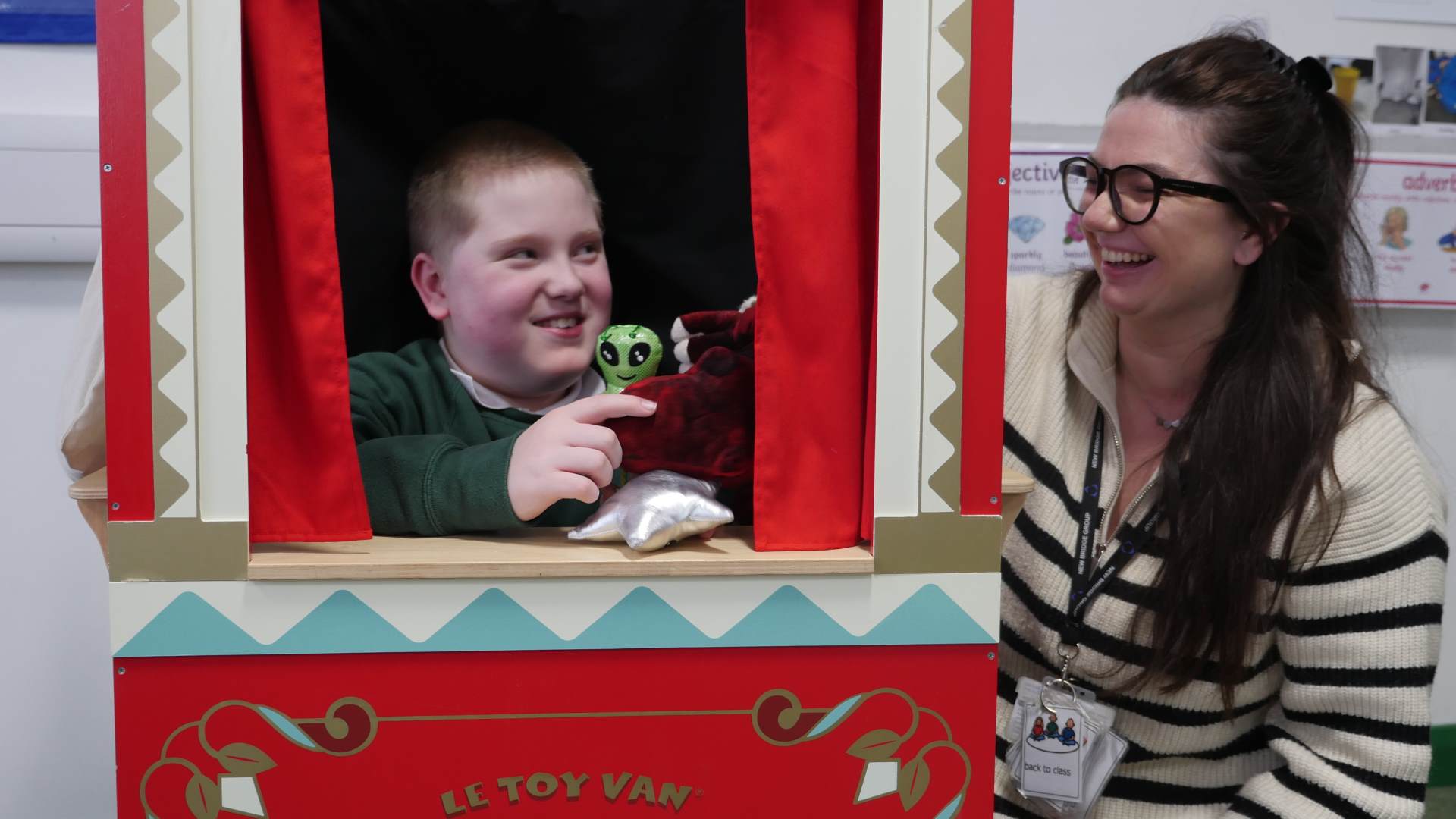
Engage Classes PSHRE Curriculum
For our Engage classes in PSHE we use alternate approaches to facilitate the learning opportunities. We use the SCERTS framework to provide a meaningful and structured curriculum which is targeted to the individual, with communication at the heart of all we do. The SCERTS framework is a multidisciplinary approach designed to support individuals with Autism Spectrum Disorder (ASD), by enhancing their social communication, emotional regulation, and transactional support.
The intent behind the curriculum is to enhance communication through PSHE topics, using an immersive and integrated approach. This entails seamlessly incorporating topics across our timetable, ensuring that all children and young people have exposure to these important aspects of personal, social, health, and relationship development. These areas of development are incorporated into the students individual EHCP and Engagement Model targets which are bespoke and meaningful to each student.
We also integrate PSHRE into the students’ daily routines and provide children and young people with frequent opportunities to apply their learning and enhance their understanding. This immersive curriculum aims to create an environment where students can actively engage with key concepts and apply them to real-life situations.
Overall, our PSHRE curriculum for pre key stage classes, engagement model children and young people is designed to support their holistic development, nurture their social skills, and empower them to make informed decisions about their own well-being and relationships.
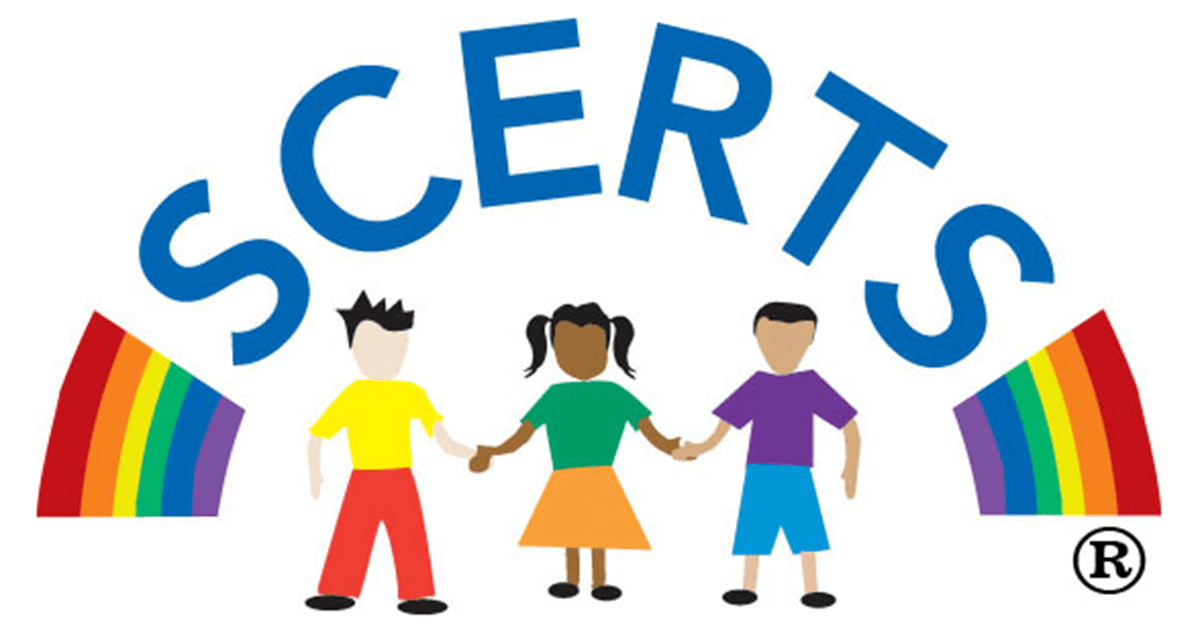
Curriculum Adaptations and Pedagogy
The curriculum adaptations and pedagogy at Hollinwood Academy is centered around meeting the unique needs and abilities of every learner, ensuring equal opportunities for academic, personal, and social development. The primary goals include:
1. Inclusivity: Adapt the curriculum to ensure that all learners have access to quality education, regardless of their individual needs.
2. Adaptive Teaching: Provide personalised learning experiences that cater to the diverse abilities, interests, and learning styles of the children and young people.
3. Progression: Foster a holistic and sequential approach to learning, allowing children and young people to build on their prior knowledge, skills, and understanding from their identified starting points.
4. Empowerment: Develop independent learners who are equipped with the skills, resilience, and self-confidence required to succeed academically and, in their future lives.
Curriculum Adaptations and Pedagogy
Assessment
The assessment of Personal, Social, Health, and Relationship Education (PSHRE) in our school is conducted using the Evidence for Learning and Arbor systems. These platforms allow us to track and monitor the attainment of all our learners effectively and efficiently. To ensure that our staff are equipped to deliver sensitive topics within PSHRE, they have received explicit training on subject knowledge and strategies.
Super Learning Day (SLD) is an integral part of our SMSC curriculum, which is accessed and celebrated by our students three times a year. SLD provides a formal opportunity for our staff, children and young people to come together and explore various aspects of spiritual, moral, social, and cultural development.
We strive to provide our children and young people with opportunities and experiences that are global in nature while also recognizing and highlighting the importance of British values.
To offer individualised support, each child and young person in our school has personalised PSHRE progress targets. We closely track their progress and share these targets with parents on a termly basis via Arbor, our digital communication platform. We aim to ensure that every child and young person develops a strong foundation in personal, social, health, and relationships education.
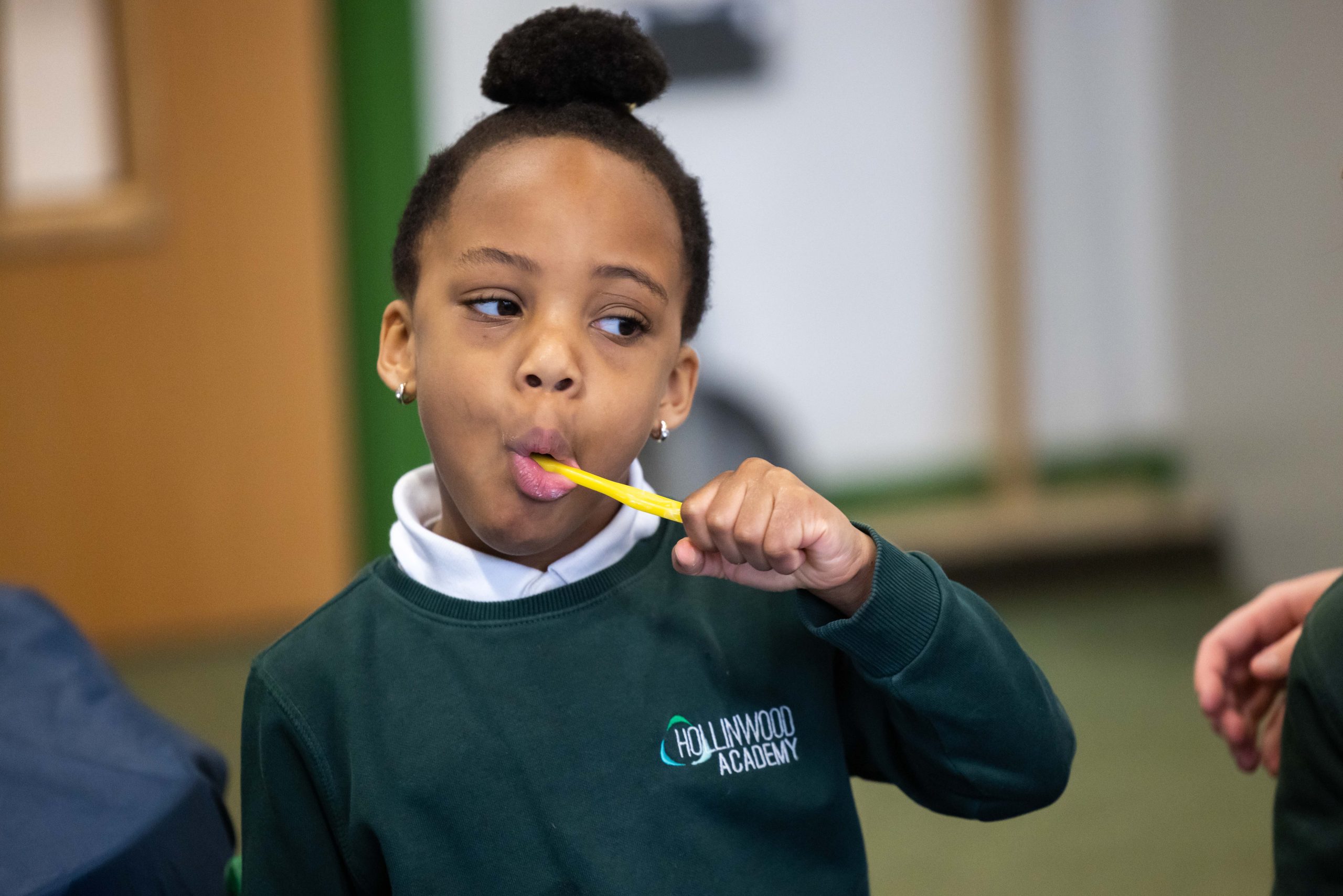
Technology & Websites
Technology plays a crucial role in the PSHRE curriculum. It enables children in main body classes to record and showcase their learning through platforms like Showbie. In communication classes, technology tools like TD Snap and interactive boards help students communicate their knowledge and understanding.
The use of technology removes barriers to learning, allowing our children and young people to demonstrate their understanding and knowledge. It also supports their desired outcomes and contributes to their Education, Health, and Care Plan (ECHP) targets.
Teachers can adapt tasks for children and young people, and the holistic approach of technology aids in enhancing learning outcomes. By considering different learning styles, visual resources such as clips, animations, and descriptions provide children and young people with communicating their learning and understanding of concepts.
Technological resources enable staff, children and young people to virtually access what is not readily available, such as videos demonstrating frozen water scenarios for teaching water safety.
Furthermore, technology serves as an alternative recording mechanism to writing, removing barriers to learning, text-to-speech functions enable students to assess the effectiveness of their writing and make necessary amendments.
In the realm of SMSC development, technology allows all children and young people to engage and demonstrate understanding. It provides age-appropriate delivery of learning, allowing access to religious stories and meaningful content that resonates with everyone. Technology also facilitates exploration of elements of religion, including stories, quotes, and religious figures.
Wider Curriculum & Celebrations
E-Safety Week Spring 2024
Children's Mental Health Week
A Royal Celebration 2023
Summer Festival 2023





